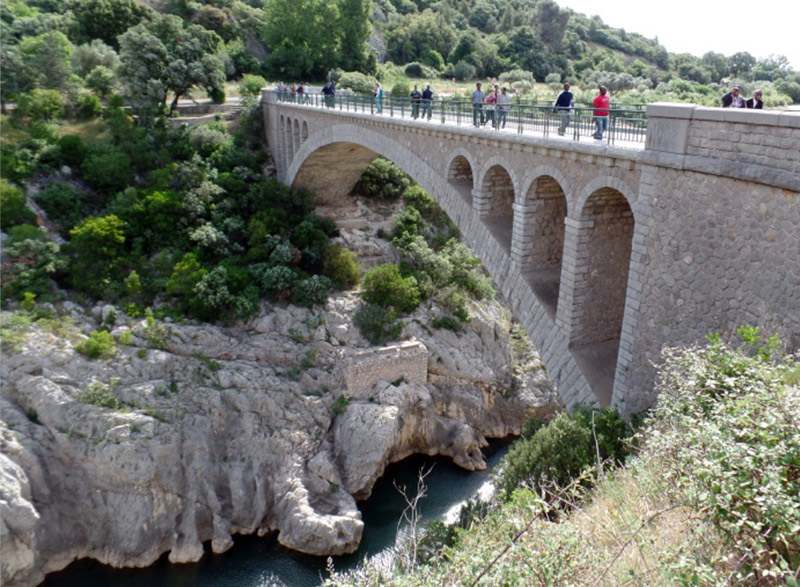International Travel
Before the pandemic, in alternating years, NRT students took a three-week course in Western Europe through the Institute for Water Education in Delft, The Netherlands, and a two-week course in Nebraska. As part of the two-week course in Nebraska, international students and water management professionals traveled with NRT students and shared their expertise.
These international experiences allowed NRT trainees to do the following:
- Visit research facilities and meet with water supply and regulatory organizations and observe irrigation and hydraulic structures, irrigation plans and the manufacture and use of irrigation equipment
- Examine how common and contrasting ecological, economic and social challenges are addressed by water management regimes in similar river systems with contrasting climates and socio-economic aspects
- Witness current techniques of doing research and applying concepts in resilience theory to adaptive management and governance, watershed science and policy
- Lay the foundation for the next generation of European-American collaboration in interdisciplinary environmental science research

Externships and Engagements
Students gain integrative perspectives and experiences by taking part in externships or engagements at local to federal agencies such as the following:
- The Omaha Tribe of Nebraska
- The Nebraska Department of Natural Resources
- The Nebraska Department of Environmental Quality
- The Nebraska Game and Parks Commission
- The Nature Conservancy
- The Natural Hazards Center
Special Events
Students have taken part in special events like visiting the Platte River to view the cranes during their migrations. One NRT student who had worked for The Nature Conservancy presented information about the cranes and the local ecosystem before participants headed out for the blinds. NRT leaders seek out such educational opportunities and gladly incorporate them in the traineeship when students, staff or visiting guests offer them.
Conferences, Seminars, Workshops and Retreats
Students have helped host the annual national water conference at the university and met with speakers for in-depth discussions related to water science, law, technology and policy. They have participated in one or more of the seminars sponsored by the university’s Water Center or other groups such as the Computer Science and Engineering Department. Through such activities, they have had the chance to speak with scientists and professionals who work in their area of interest.
Doctoral students have taken part in a grant-writing workshop or the Preparing Future Faculty series. The series covered topics such as vita preparation, job search skills, teaching statement development and mentoring and advising. The grant-writing workshop included the opportunity to learn about funding trends and meet program officers and sometimes included a research fair.
Outside of the pandemic, students attended an annual retreat with faculty members to present their research; assess their progress, program design, and implementation; and take short courses. The retreat included field excursions such as to water management and agricultural sites, aquatic habitats, power production sites and dams to discuss cross-cutting issues in the field.
Resilience Alliance and Other Affiliations
All NRT students are encouraged to become members of the Resilience Alliance Young Scholars group. This international community meets virtually to work on comparative case studies, theory advancement and co-learning.
Students work with and learn alongside professionals from agencies and organizations partnering with our program. These affiliations may lead to mutually beneficial research projects and employment opportunities.
SEPA and the Elementary Education Science Enhancement Project
NRT students have taken part in leading the Science Education Partnership Award science camps for Native American middle schoolers or similar projects designed to increase the participation of students from underrepresented groups in science. The NRT's outreach focus is upon managing FEWS-dominated watersheds and their related challenges.


